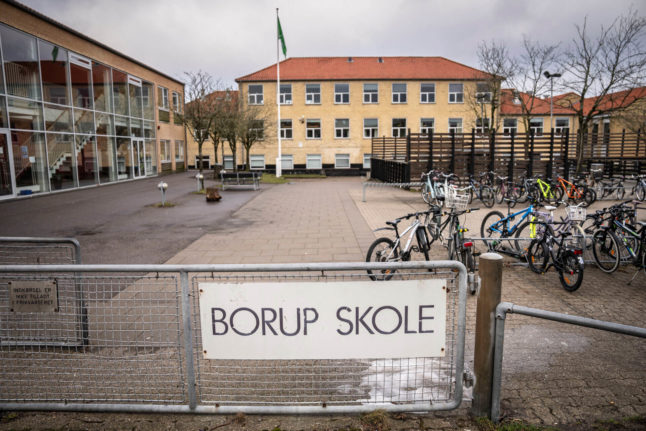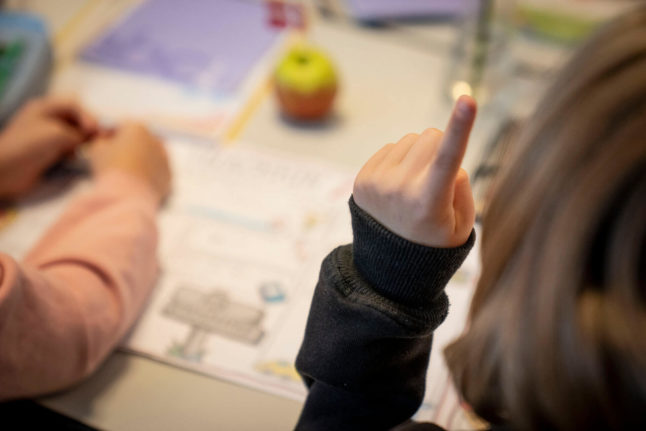Media in Denmark have recently reported that some students at the Borup School in Zealand town Køge suffered inappropriate behaviour including violence and sexual assault at the hands of fellow students.
Central and West Jutland Police have been informed of the incidents but the case comes under the auspices of social services given that it revolves around minors.
Local media Sn.dk reported a message on schools communication platform Aula from the Borup headteacher, stating that three to six children age six to nine years had been involved.
Up to 70 parents are reported to have met on their own initiative earlier this month in response to the problem.
The municipality in Køge has said it wants the situation to be fully investigated.
“We are going through the reports now,” the elected councillor for Køge’s education department, Henrik Laybourn, told news wire Ritzau earlier this week.
Laybourn also confirmed said the national body for municipalities, KL, and the central education ministry will also be involved in the process.
But the case has escalated and gained controversy after parents were invited to a meeting with representatives from the municipality on Wednesday. The school was not represented at the meeting.
The meeting was not open to the press but some parents told Danish media that they had been left frustrated. Broadcaster DR reported on Wednesday that several parents have decided to keep their children at home from the school.
This was in part due to a lack of clarity over action to be taken regarding the children who appear to have assaulted other children at the school.
The head of schools and daycare at Køge Municipality, Lars Nedergaard, was at the meeting and asked about this issue a number of times, news wire Ritzau reports.
“We have initiated measures for individual students, individual families and the school as a whole,” Nedergaard told Ritzau, but declined to give detail on individual cases.
“I can say that we are in dialogue with the affected parents and we will take action that allows us to move on from this,” he said.
Mental health counselling will be offered to those affected by the situation, he confirmed.
The deputy mayor of Køge, Ken Kristensen, meawhile told Ritzau that further action would be announced following the end of the school winter break, ongoing this week across Denmark.
“Some initiatives were presented at the meeting yesterday but not the final package,” he said.
Schools minister Tesfaye has confirmed he will meet with the education committee in parliament over the issue, and that he will also speak to municipalities nationally “to get an idea of whether the events in Borup are an isolated incident or reflect a wider trend,” he told broadcaster TV2 on Tuesday.
Denmark’s laws limit the ability of schools to expel students, either temporarily or permanently.
While schools can send students home for a maximum of up to seven days in a school year, or permanently move them to another class, this requires a high bar of bad behaviour such as violence or damaging property.
A student can be moved to another school within the municipality, but this normally requires agreement with parents and the student. If the decision is made without the consent of the parents and student – in particularly aggravated cases – it still requires another school to agree to take on the student.



 Please whitelist us to continue reading.
Please whitelist us to continue reading.
Member comments